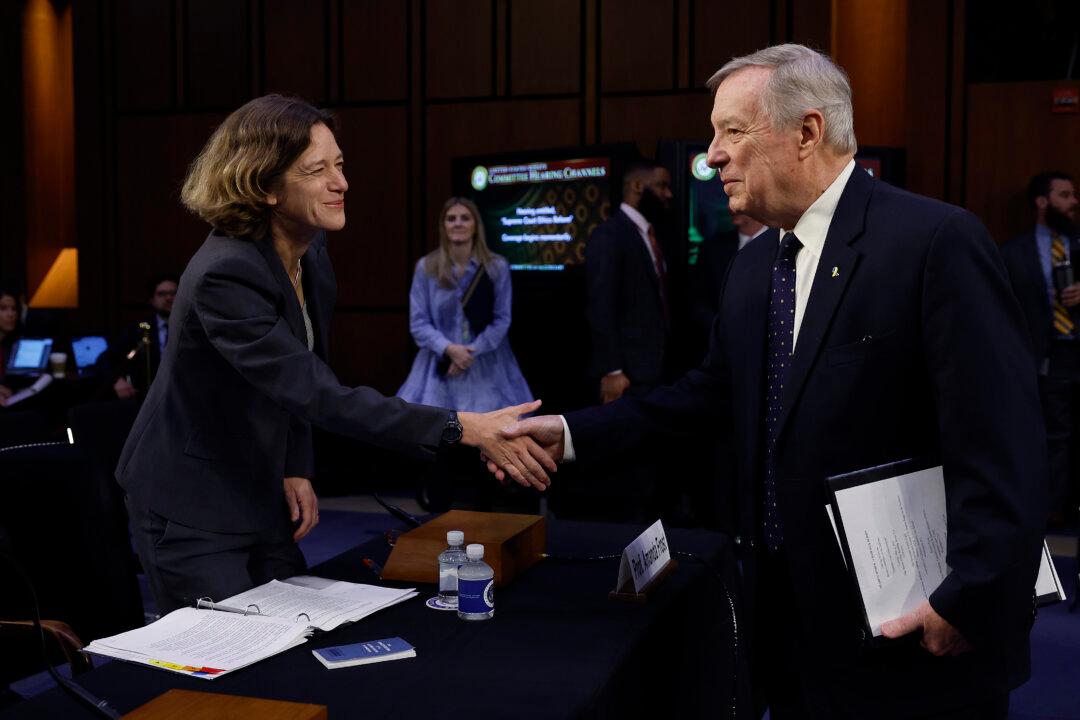Democrats told a tense oversight hearing that the Supreme Court must adopt a code of conduct governing justices’ behavior or Congress will impose one on them, while Republicans pushed back, saying Democrats have manufactured a phony ethics crisis to justify clamping down on the conservative-led court.
Discussion at the May 2 hearing largely centered on Supreme Court Justice Clarence Thomas, a conservative jurist recently revealed to have taken luxurious vacations provided by wealthy Republican donor Harlan Crow without publicly disclosing them. Democrats say the gifts in themselves are proof of corruption, but legal experts say Thomas did nothing wrong in not disclosing the vacations, which he was advised didn’t have to be reported. Legal experts also point out that there was no conflict of interest because Crow didn’t have any business before the Supreme Court.





